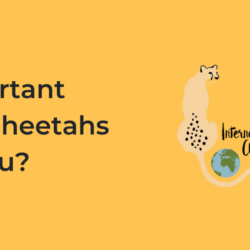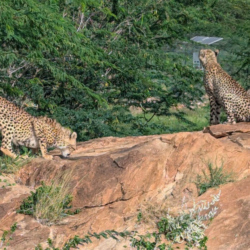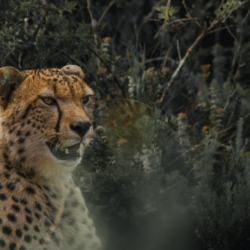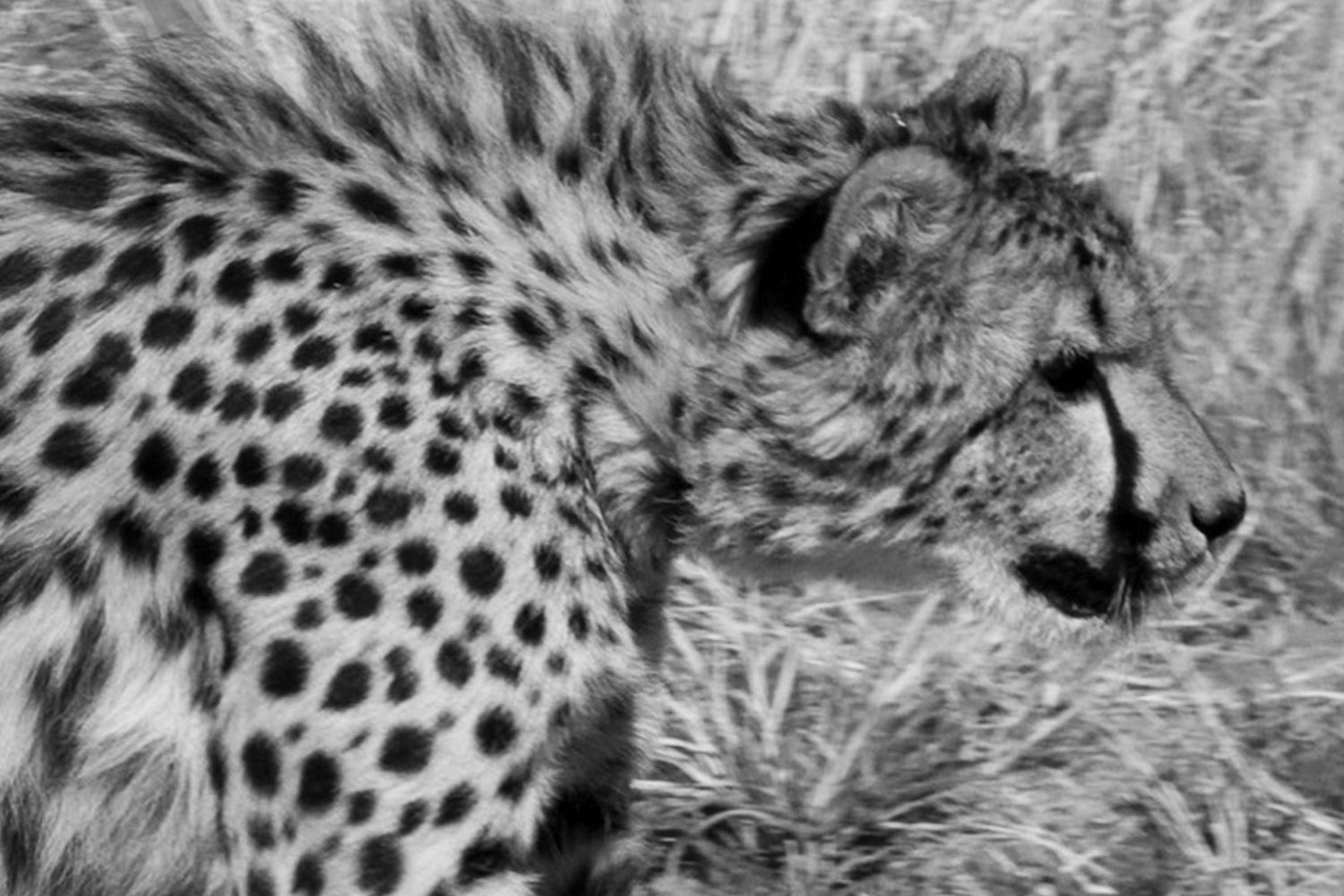Future Farmers of Africa
-

- by 3 July 2023
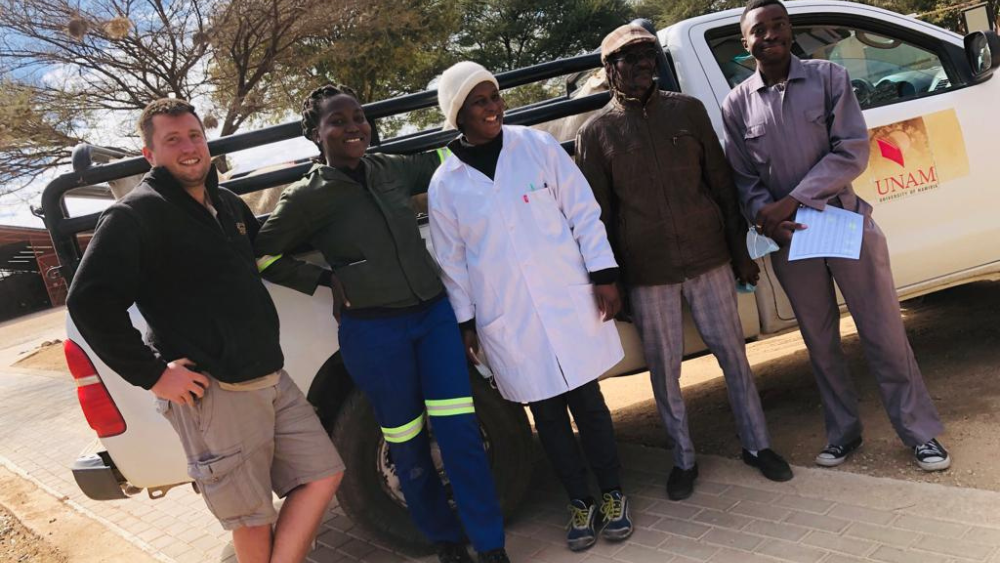
The cheetah – instantly recognisable, and celebrated as the fastest mammal on Earth, is one of nature’s most charismatic and revered animals. Despite the cheetah being one of the world’s most iconic and loved animals, their numbers have plummeted. The most endangered big cat in Africa needs our support more than ever.
Shockingly, since the turn of the 20th century their numbers have declined by a horrifying 93%; today, fewer than 7,100 remain. The cheetah is in a race against extinction, and without our intervention, it is a race they will not win.
One of the biggest threats to wild cheetahs is human-wildlife conflict. Cheetahs are forced to live on unprotected landscapes and come into close proximity to humans due to a huge reduction in suitable habitat. In many parts of their range cheetahs and other predators are viewed as vermin and a threat to the livelihoods of the farming community. During the 1980’s, livestock and game farmers halved the cheetah population in Namibia in retaliation for livestock losses. We are working to redress the balance and protect the worlds remaining cheetah populations, and our latest campaign focuses on this part of our work.
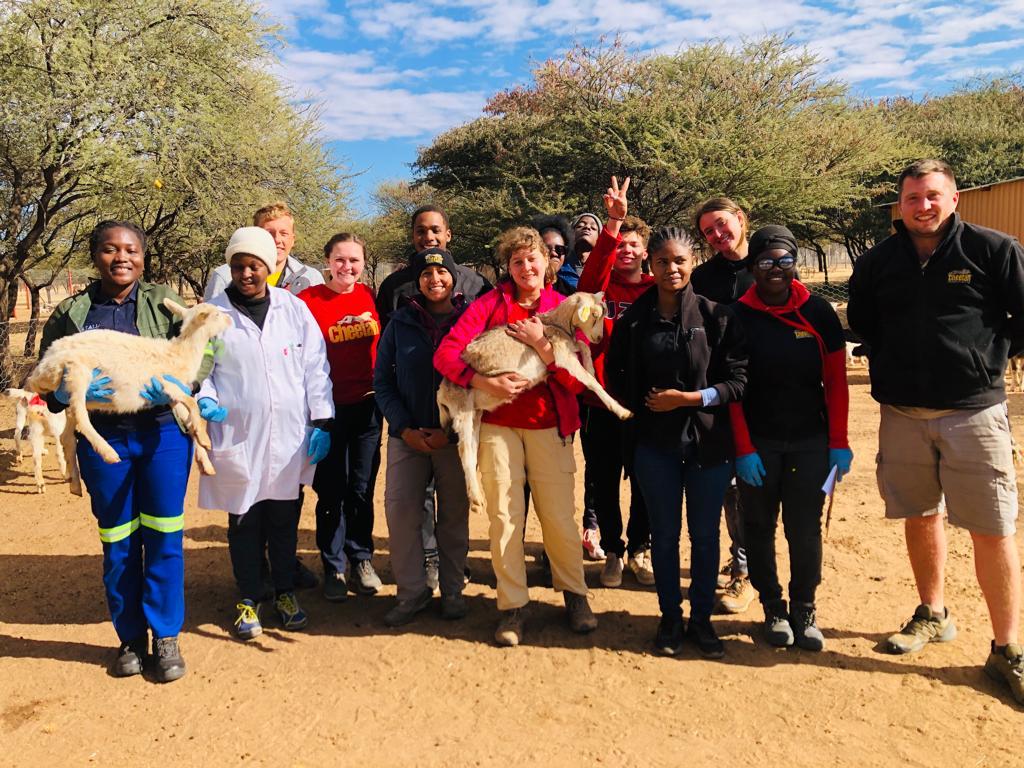
Future Farmers of Africa (FFA) – a proven solution
To protect wild cheetahs, CCF works with farmers to investigate, develop, and implement predator-friendly livestock and wildlife management techniques. Over the years we have implemented multiple programmes to benefit the communities, farmers, and wild cheetahs.
Through our FFA work, we have reduced human-wildlife conflict incidents by 80% in the areas in which we are operating. This initiative, funded by you, our supporters, is a beacon of hope for wild cheetahs.
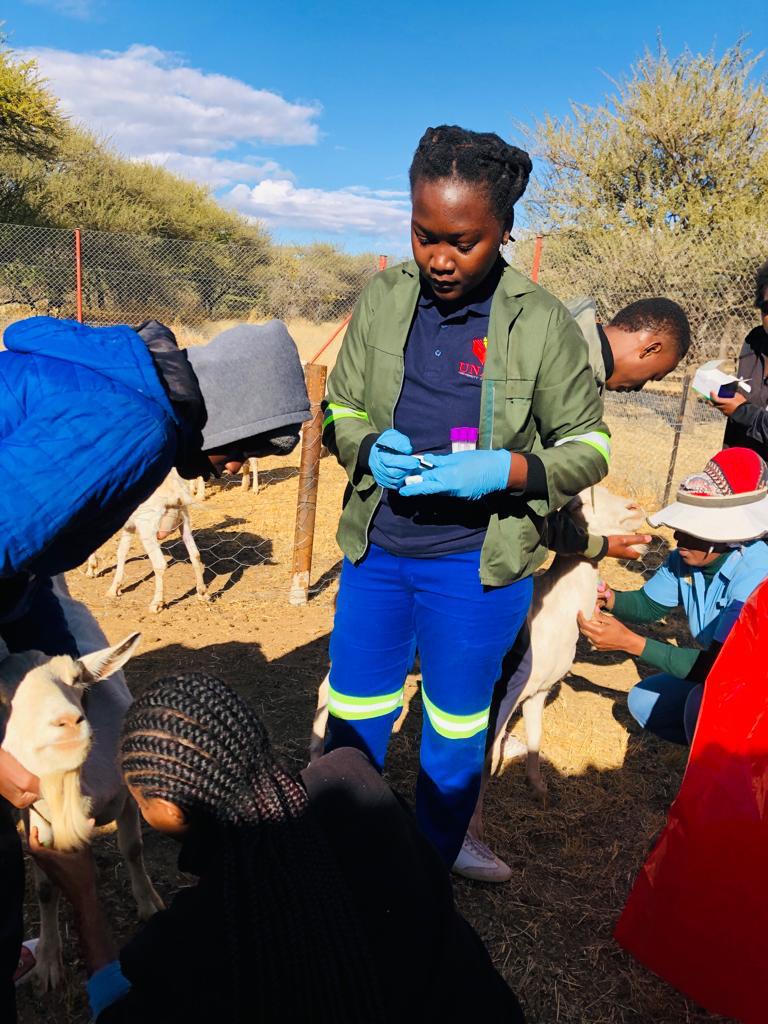
Here’s how it works:
Community outreach
Model Farm
Farmer Carnivore Help Hotline
Livestock Guarding Dog Programme
CCF’s renowned Livestock Guarding Dog Programme has been highly effective at reducing predation rates and thereby reducing the inclination by farmers to trap or shoot cheetahs. CCF breeds Anatolian Shepherd dogs, a breed that have guarded small livestock against wolves and bears in Turkey for millennia. They bond with their herd and use their imposing presence and loud bark to scare away potential predators. For farmers with a dog, livestock losses are reduced by up to 90%.
There is hope
One of CCF’s most unique accomplishments is shifting the attitude of the nation’s farmers towards the cheetah. Before CCF, farmers viewed cheetah as worthless vermin and were killing 800 to 900 each year. By proving economic value in having a healthy, thriving cheetah population and by keeping the farmland ecosystem in balance, CCF demonstrates how humans, livestock and wildlife can share land and thrive.
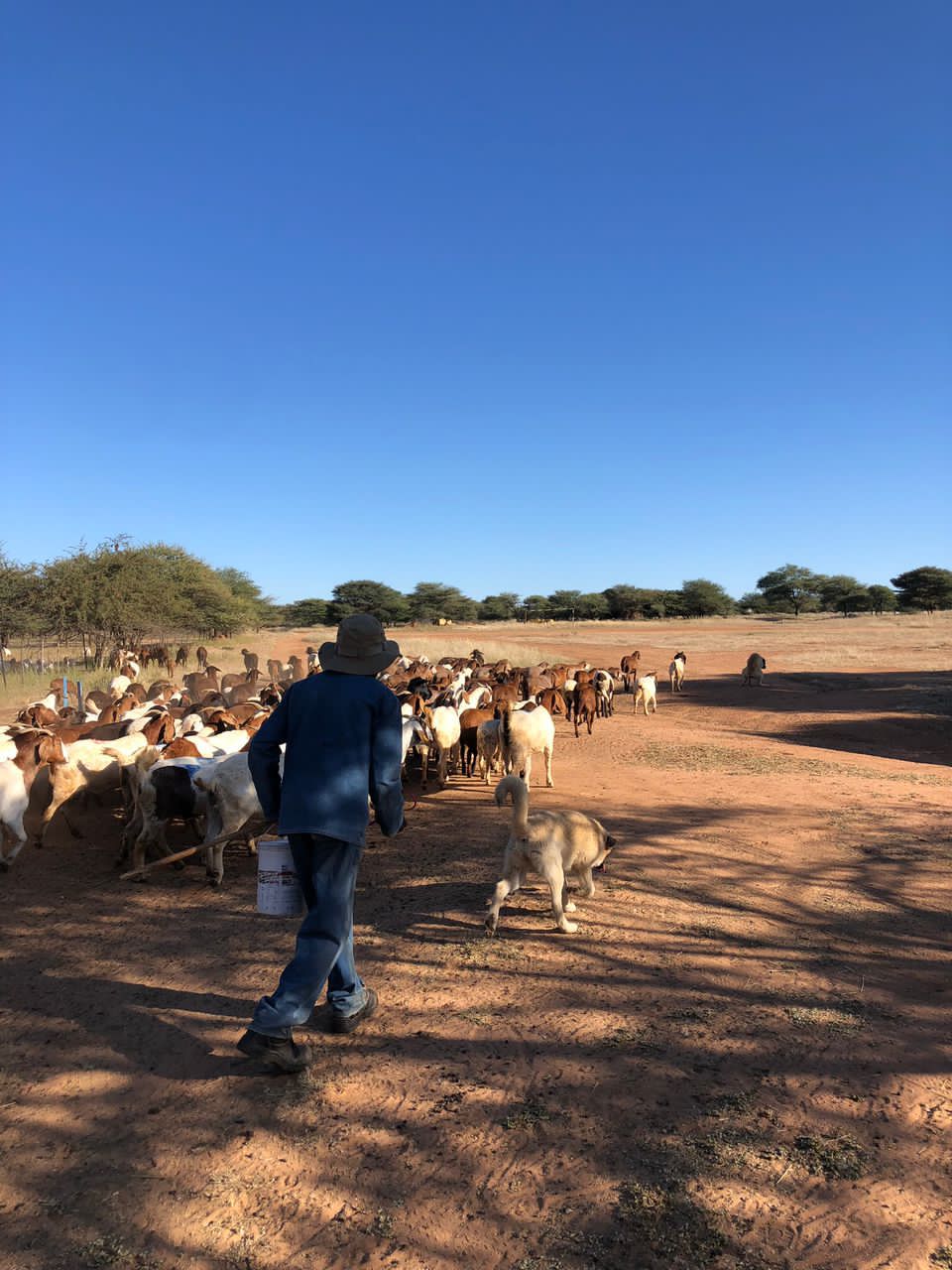
By donating, you will help us:
- Expand our FFA programme in to THREE new conservancy areas in Namibia. These areas, which are remote from CCF Namibia HQ, have been identified as human-wildlife conflict hot spots.
- Replicate the success of our Namibia FFA programme in Somaliland. Research has recently identified wild populations of cheetah in Somaliland, and we must act now to support the communities neighbouring this vulnerable population. CCF is adapting our successful programmes developed in Namibia for implementation into this new location to support pastoral farmers.
Thank you for your support!
Related Reading
-
30 October 2024
Meet the Bandit Group: a crew of cheetahs aged 9 to 11 months
